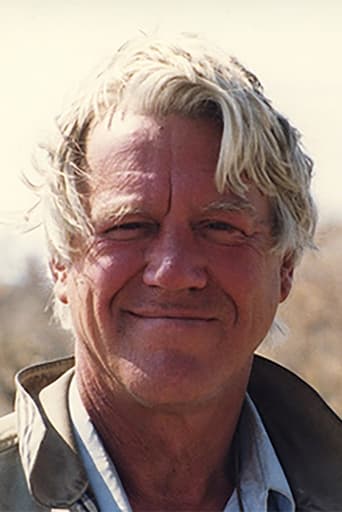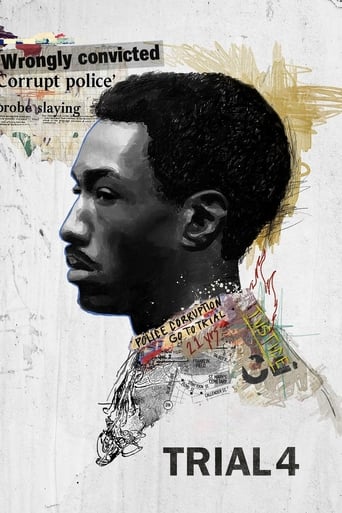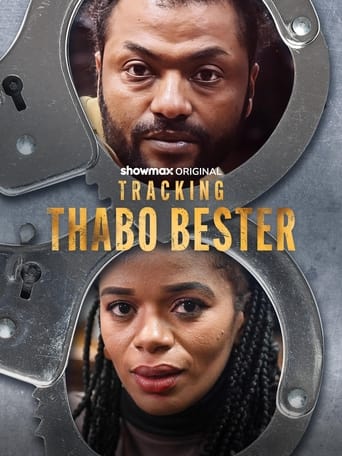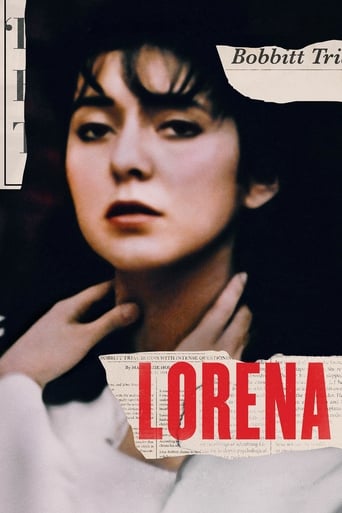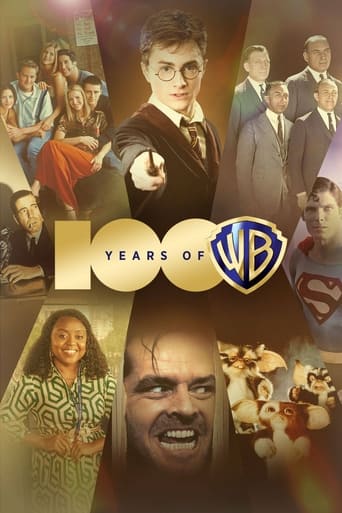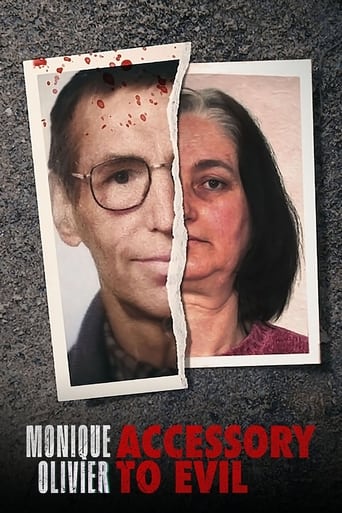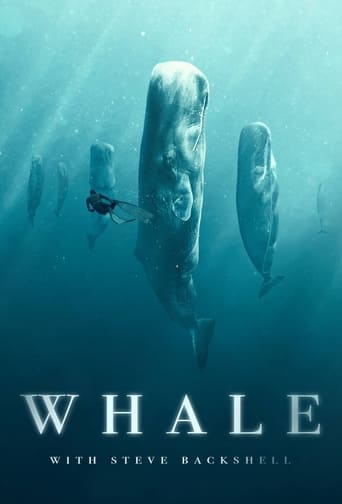
Rating:
0/10 by 0 users
A Far Country
In 1951, the Marshall family set out to document the life of the Bushmen of the Kalahari. After a week of hard travel in desert-adapted vehicles, they met Toma Tsamkxao and his Ju/'hoan band in Nyae Nyae. In their own words, Toma's extended family describes how they survive by gathering bush foods and hunting game. Thus begins a relationship between the Ju/'hoansi and the Marshalls that will last over half a century.
Writing:
Release Date:
Thu, Jan 01, 1970
Country:
Language:
Runtime:
Country:
Language:
Runtime:
John Marshall
Himself
Toma Tsamkxao
Himself
Season 1:

In 1951, the Marshall family set out to document the life of the Bushmen of the Kalahari. After a week of hard travel in desert-adapted vehicles, they met Toma Tsamkxao and his Ju/'hoan band in Nyae Nyae. In their own words, Toma's extended family describes how they survive by gathering bush foods and hunting game. Thus begins a relationship between the Ju/'hoansi and the Marshalls that will last over half a century.

John Marshall is reunited with Toma's family in 1978. Like a majority of Ju/'hoansi, they have settled at Tjum!kui, an administrative post run by the South African government. They came looking for water, jobs and an easier life, but found poverty, malnutrition and violence. Desperate for a more stable existence, the family heads back to their traditional water hole, /Aotcha, with shovels, cattle, and plans to start farming.

Ju/'hoan farming communities multiply during the 1980s only to face a new threat. The Department of Nature Conservation wants to create a game reserve on Ju/'hoan territory. People will be forbidden to raise livestock or crops. Instead, Ju/'hoansi will be encouraged to act like "Bushmen" and hunt for the amusement of tourists. Urgent grass roots organizing ensues as the people seek to control their traditional lands.

After twelve decades of colonial rule, South West Africa is about to become the independent nation of Namibia and people are looking forward to democratic rule. Members of the newly formed, Ju/'hoan Farmers' Co-op travel throughout white ranching districts and black ethnic homelands to find long-lost relatives. Following Namibia's first national elections, United Nation troops help relocate these families to traditional Ju/'hoan territory.

Namibian independence attracts vast amounts of international aid, but development programs no longer benefit Ju/'hoan farms. We witness the power of the "Bushman myth." This myth - a belief that Ju/'hoansi live uniquely in harmony with nature and are born to hunt. Promised great wealth, Ju/'hoansi vote to establish a nature conservancy. When their profits are a meager 75 Namibian dollars ($10.50 US) each, Ju/'hoansi ask, "Where is all the money going?"

